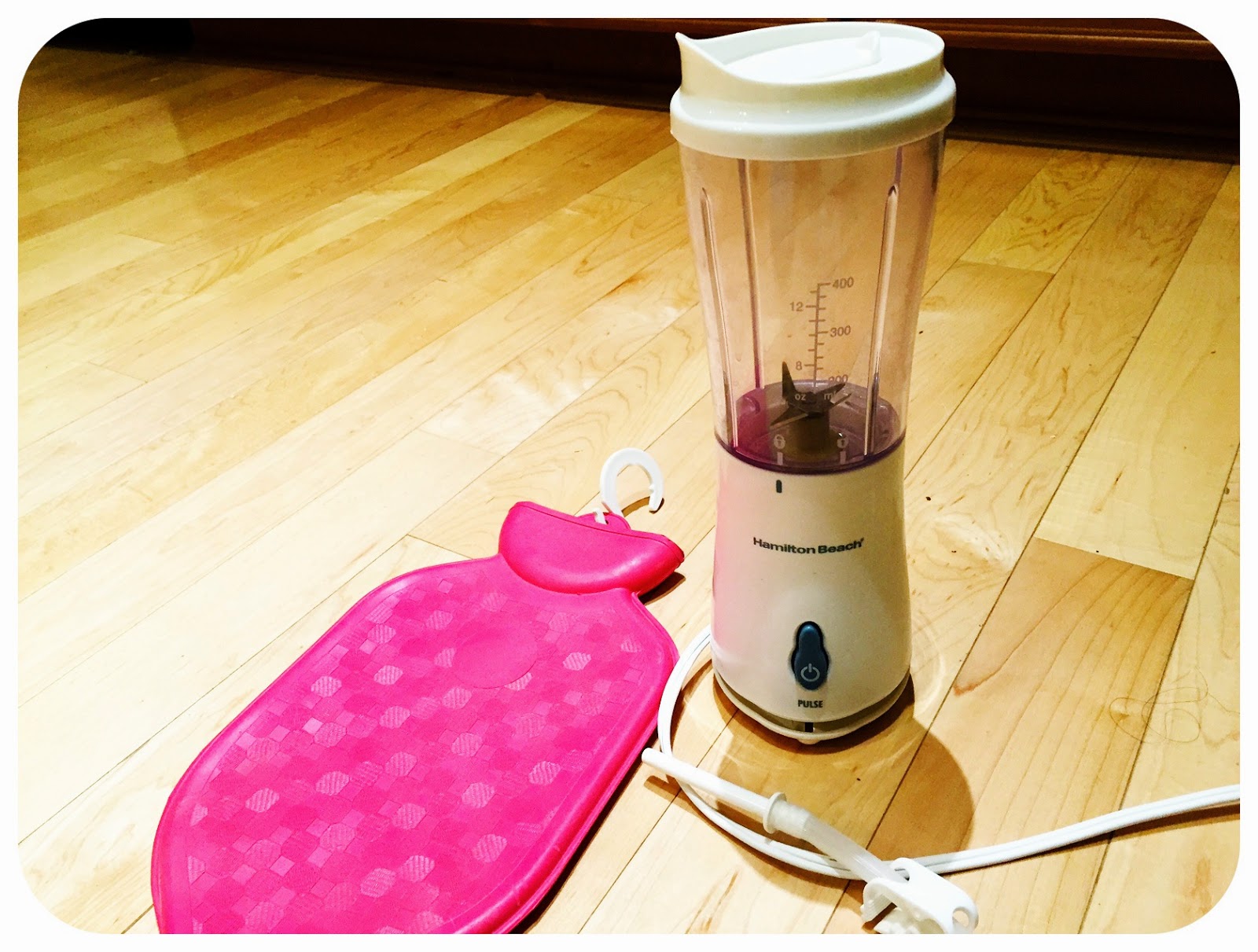 |
| Source |
For quite some time, scientists and doctors in both integrative and functional medicine have been talking about how the brain and the immune system are interconnected. We've said that if someone goes through significant stress, the neuro-processing of this event can present as disease. Along those lines, we generally agree that if one has recurrent thoughts about shame stemming from poor self-esteem, then this may manifest in autoimmunity and/or inflammation as s/he rejects her/himself.
If that seems logical or intuitive to you, then you might be surprised when I tell you that this way of thinking has been dismissed by the broader medical community as "fluff." Sure, plenty of doctors accept that stress can provoke flareups of various illnesses, but not much weight is given to it, at least not to the point at which meditation and mindfulness are regularly prescribed alongside immunosupressants like prednisone. Furthermore, ask the average physician the mechanism behind stress causing disease, and they're likely to tell you it has something to do with the hormone cortisol being released. While long-term high levels of cortisol do have negative consequences, this hormone (which behaves like prednisone) is more likely our body's way of coping with the inflammation triggered by an overburdened mind.
Why is there a schism in thought and practice over the topic of how the mind affects health? I think part of the problem has to do with only having had indirect data to make the brain-immune connection. And yet, that data is pretty convincing, at least to me...
 |
| Source |
We know, for example, that when we condition the mind into a relaxed state with mediation, quantifiable changes occur in expression of immune-regulating proteins like NF-kB such that inflammation is toned down and cellular stress is decreased. Similarly, a study published in JAMA, found that people with rheumatoid arthritis benefit from writing in a journal about painful memories --to release them, if you will-- and that their symptom improvement was statistically significant, even at 4-month followup!
In a quest for a more direct brain/mind-immune connection, many have looked to the gut. Yes, you read that right. The intestinal system is laden with neuro-chemical factories and immune complexes. Numerous studies have shown how the bacterial colonies of the gut affect mood by communicating with the brain. And since we've already shown how mood can affect immunity, the signaling pathway between the brain and gastrointestinal immune centers was thought to occur along nerves, most likely the vagus nerve which controls our "rest and digest" mode and originates in the brainstem. To test this theory, researchers did experiments on mice. They showed that probiotic treatment with L. rhamnosus caused changes to the brain (namely increased GABA receptor stimulation), but this did not happen in mice who had their vagus nerve cut.
Researchers have even detailed the mechanism by which the mind starts to cause changes at the cellular level. In short, stress produces catecholamines (fight or flight chemicals), which trigger the body to prepare for an attack, allowing proteins like IkB to enter cell membranes and modulate the immune system. This is, interestingly, most apparent when the brain perceives threat or isolation in a social setting (see here and here).
Still, all these connections seemed at best secondary because immune cells had not been described as being in direct contact with the brain. . .
Until now.
 |
| Previous concept on the left; New discovery on the right. Photo credit University of Virginia Health System |
Researchers at the University of Virginia have identified vessels from the lymphatic system (our immune defense) leading to the brain itself, thus making the mind-immune connection literal in the anatomic sense. Dr. Jonathan Kipnis PhD from the Dept. of Neuroscience said of this finding, "It changes entirely the way we perceive the neuro-immune interaction... We believe that for every neurological disease that has an immune component to it, these vessels play a major role." Right now they're thinking about how this applies to multiple sclerosis, among other neurological diseases, but since we have demonstrated above how the brain/mind has a significant role in most or all autoimmune diseases, I anticipate that the scope of these developments will broaden.
Either way, this is a huge win for the functional and integrative medicine communities because the brain/mind-immune connection has finally been confirmed in literal form. And with that confirmation, perhaps the approaches once regarded as "fluff" will become our first-line of defense.






